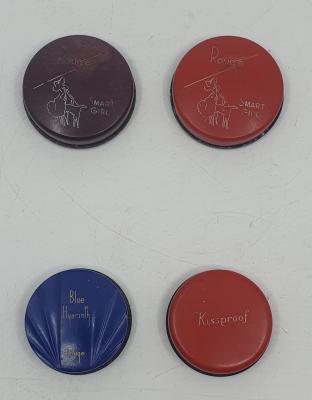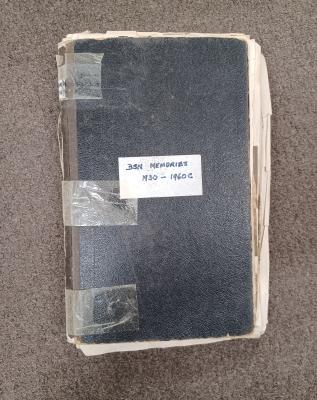Eclipse “O” Root Grater
c. 1890This is an Eclipse “O” Root Grater, that was manufactured by R Hunt & Co. in the 1890s.
The Eclipse “O” is made of cast iron and whilst designed to reduce root vegetables into stock feed it also worked well with pumpkins and other types of melons, although this operation was slightly messier. The farmer fed the vegetables into a hopper and the 21 inch grating disks would rotate when the handle was turned. The grating discs could be supplied as “Extra Fine”, “Fine” or “Coarse” Cut. The optional grater cover was a safety feature which also prevented the pulp scattering and the spout guided the pulp into a waiting bucket. These machines were low priced and targeted towards the needs of dairy farmers who only needed to prepare small amounts of feed at a time.
R Hunt & Co. Ltd. were engineers, iron founders and agricultural implement manufacturers who were located at Earls Colne, Colchester, Essex and company records can be traced back to 1863. R Hunt & Co. Ltd. ceased trading in 1985 when they were taken over by Christy Norris Ltd.
The practice of using root vegetables as supplemental feed to carry stock through the cold months was started in Europe in the Middle Ages. Previously, farmers had to dry off dairy animals and slaughter all but the breeding stock as soon as cold weather hit since there wasn't enough grass to bring their animals through the winter. This innovation meant meat and dairy became a larger part of the year-round diet.
Details
Details
THE ECLIPSE "O" in a circular design around the grating handle
The R Hunt & Co insignia appears below the grating handle
R HUNT & CO LTD
EARLES COLNE
ESSEX
This Eclipse "O" was used until the 1980s at the Russell dairy farm at Chapman Hill to process pumpkins and other excess vegetables into pig feed. Museum volunteer Gary Russell remembers how he used to power the machine with a pulley to his tractor and put a board over the hopper to stop the pumpkin pieces flying everywhere.
The early settlers in Busselton all grew vegetables but their “veggie gardens” were much larger than those of today. Some of this produce was for their own use, some would have been bartered for provisions and the rest would have been pulped for stock feed.
Other items from Busselton Historical Society
- Horwood Bagshaw Imperial Hay Baler
- McCormick Deering Reaper Binder
- Rouge Compacts
- Seed Spreader
- Centaur Tractor Engine
- Mitchell Mower
- Scrapbooks - Irene Olensloger (Ohlenschlager) 1930-1960
- Howard Junior Rotovator
- Spring Tyne Cultivator
- Horwood Bagshaw Super Spreader
- Fordson Model F Tractor
- International Harvester Grister
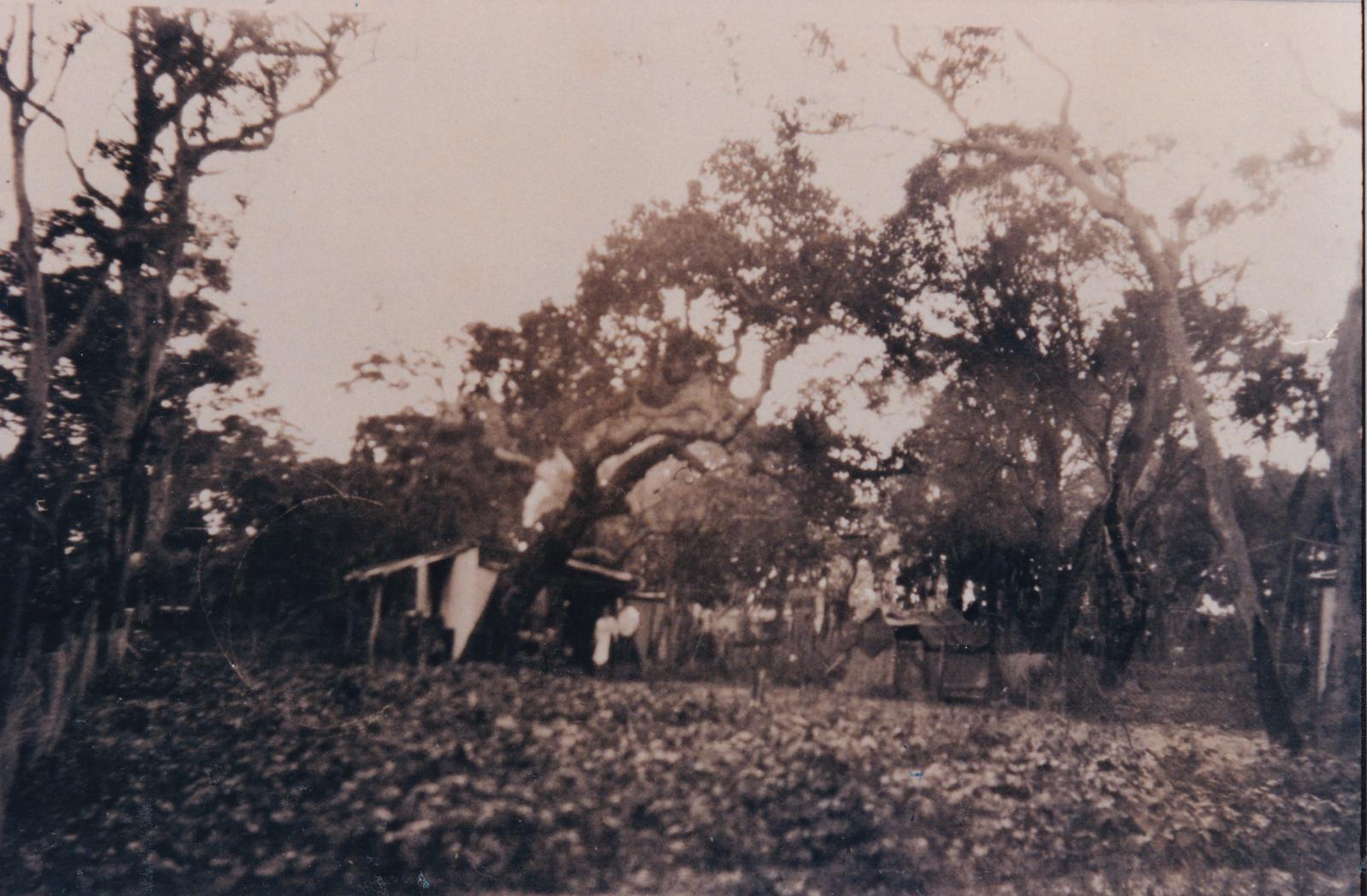
Photo 0376 BHS Archive
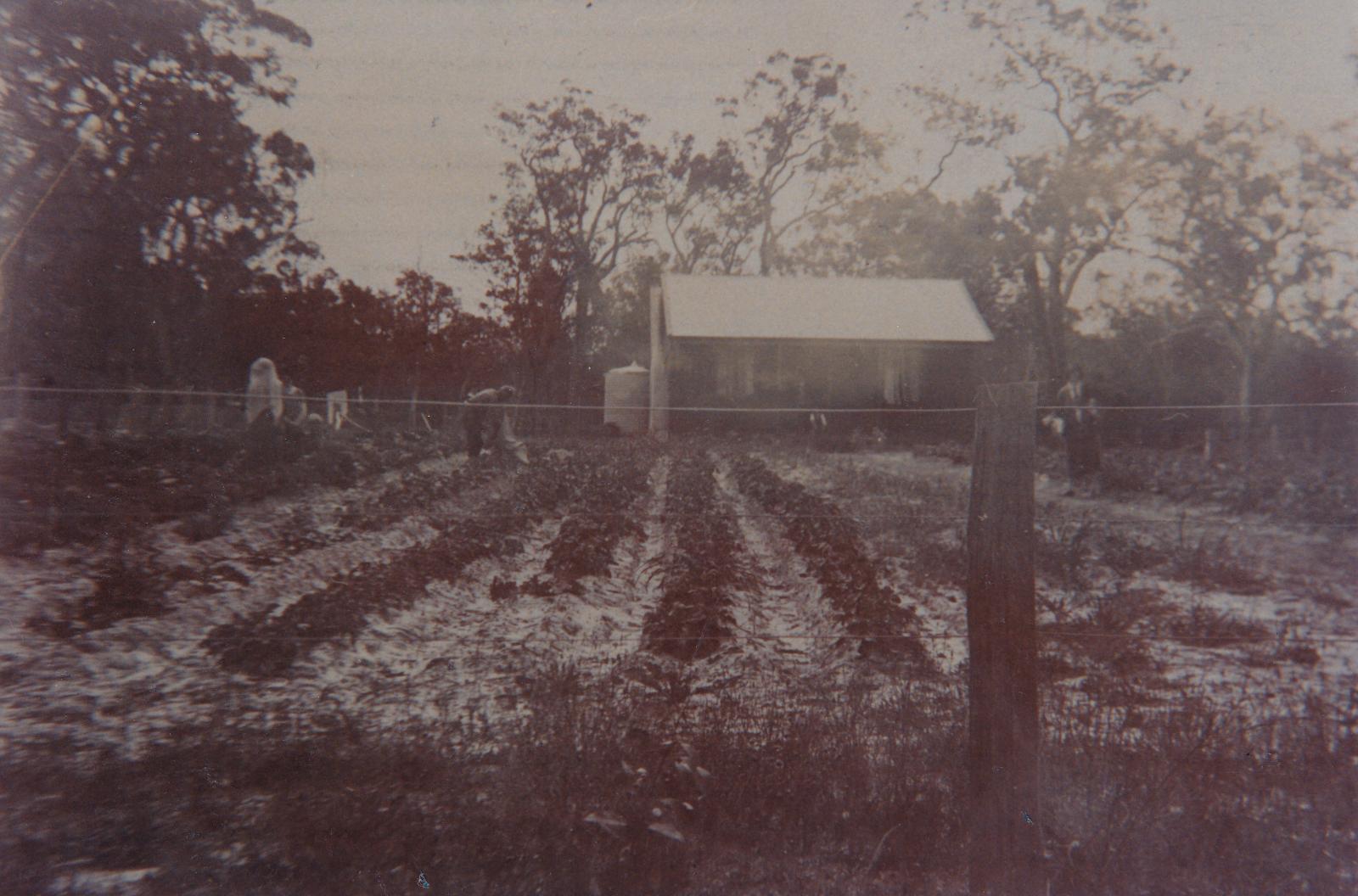
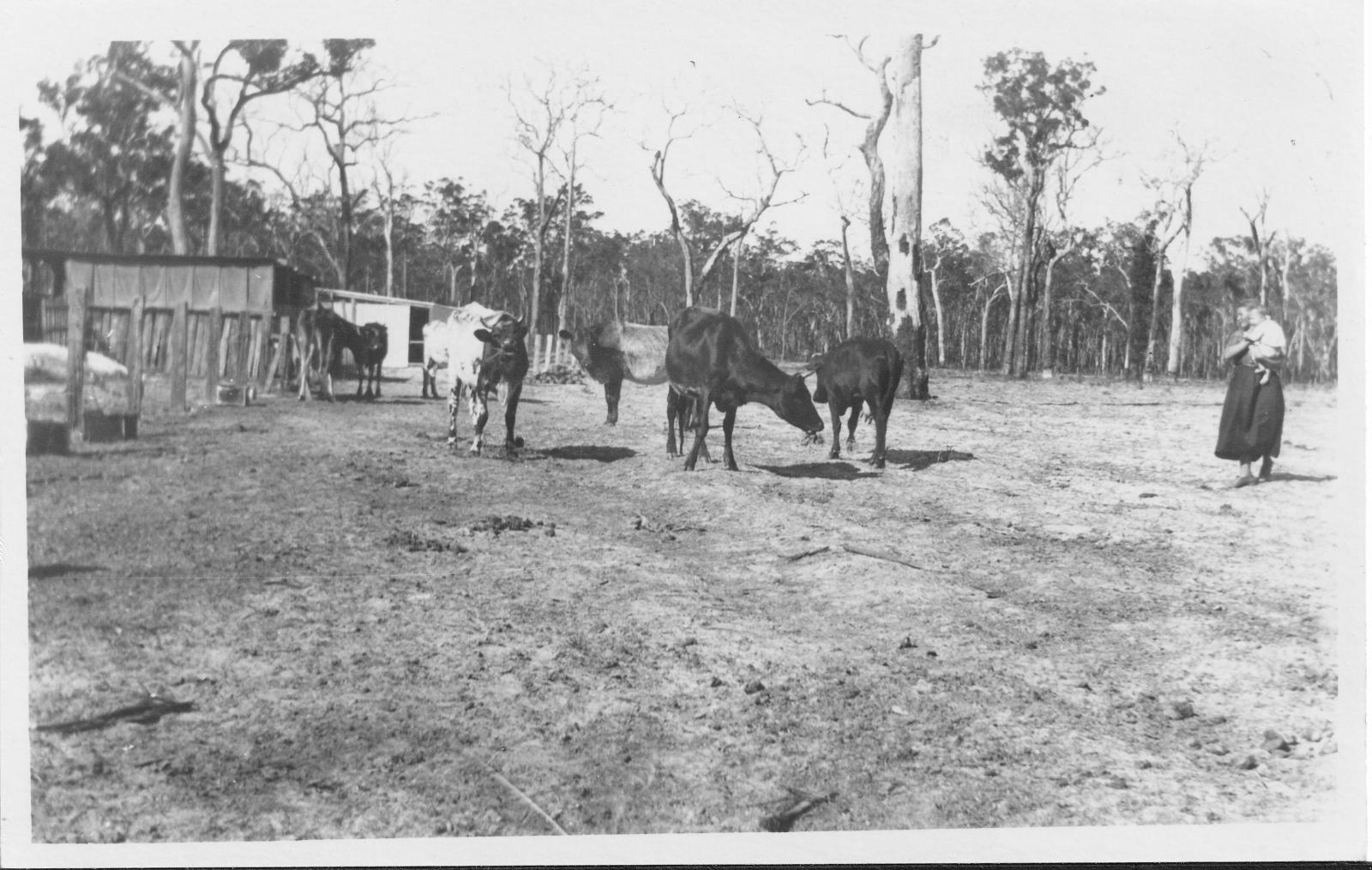
Scan this QR code to open this page on your phone ->

